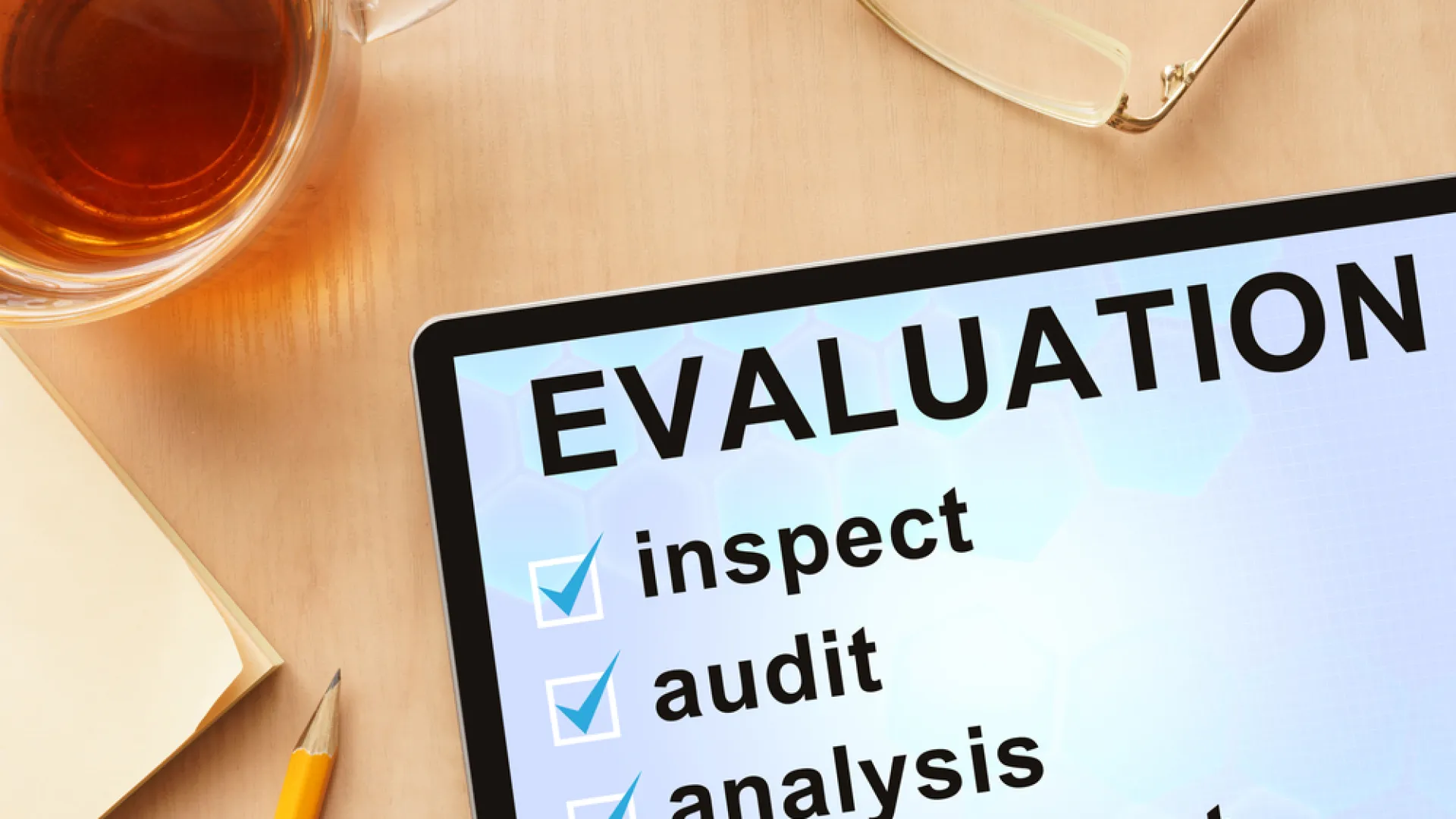
Business Evaluators
Business Evaluators
In a Georgia divorce, all marital property obtained by the parties during the marriage is divided equitably or fairly. See Stokes v. Stokes, 246 Ga. 765 (1985). This means that the parties to a divorce must determine the value of their marital assets prior to proceeding to trial or prior to entering into a settlement agreement regarding the division of marital property so that each party (or the judge and jury) may make an informed decision concerning the division of the parties’ marital property. This task may be simple as it relates to determining the value of joint bank accounts or the value of jointly held property or real estate. However, it is much harder to attribute an exact value to a closely held or family business. The assistance of an expert may be necessary.
According to Georgia case law, the portion of a family or closely held business that one spouse may be entitled to is dependent on several factors, like whether both spouses own an ownership interest in the business, whether they owned the business or a share in the business prior the marriage, and whether the spouse seeking to obtain an award of an interest in the business post-divorce aided in the success or the appreciation in the value of the business. See Halpern v. Halpern, 256 Ga. 639 (1987). However, before any division of either party’s interest in a family business may be made, a discernible value must be placed on the business. This is where the assistance of an expert business evaluator becomes helpful, if not absolutely necessary.
A business evaluator is a financial professional, like a certified public accountant, who uses a certain set of procedures to estimate the economic value of a business or the economic value of an owner’s interest in a business. Because the work to be conducted by a business evaluator may have a major impact on the relative financial positions of the parties post-divorce, it is essential that a business evaluator’s credentials are fully vetted by the party seeking to hire the evaluator. In selecting a business evaluator, the following are just a few examples of the factors that should be analyzed:
- The credentials of the business evaluator;
- The number of evaluations the evaluator has conducted, specifically in the context of divorce cases;
- The number of times the evaluator has testified in court as an expert;
- The number of times the evaluator has submitted a written report to a court in connection with a divorce case; and
- The evaluator's knowledge and experience in the type of business involved.
In investigating the credentials of a particular evaluator, there are several sources that may be referred to, such as the American Society of Appraisers, Institute for Business Appraisers, and the National Association of Certified Valuation Analysts. Each of these organizations provides accreditation for business evaluators and may be a useful resource for a party who is searching for a qualified business evaluator.
The average costs associated with utilizing the services of a business evaluator can range greatly depending on the type of business, the complexity of the matter, the current state of business records to be reviewed, and the specific services the business evaluator is requested to provide.
